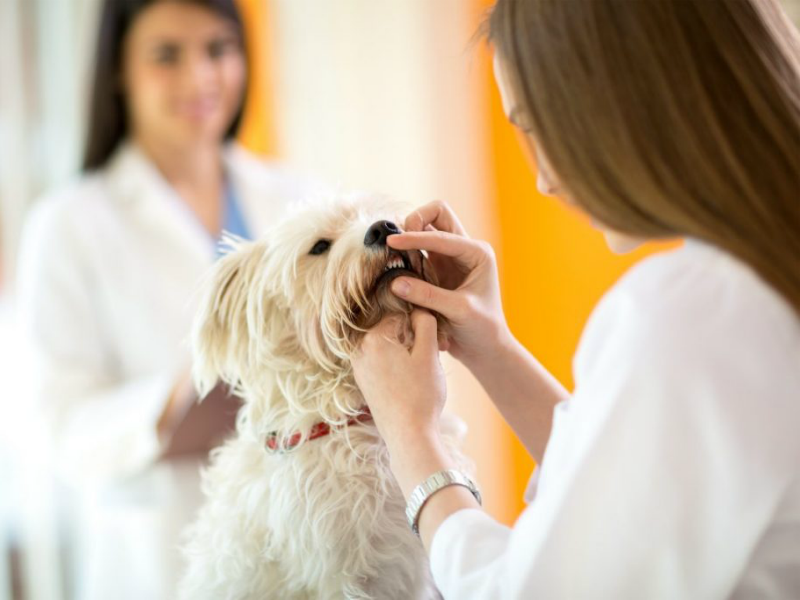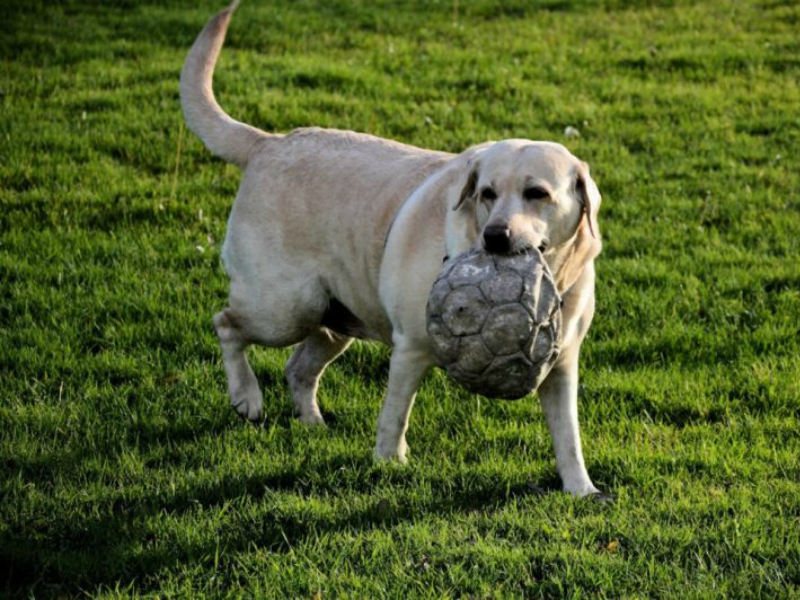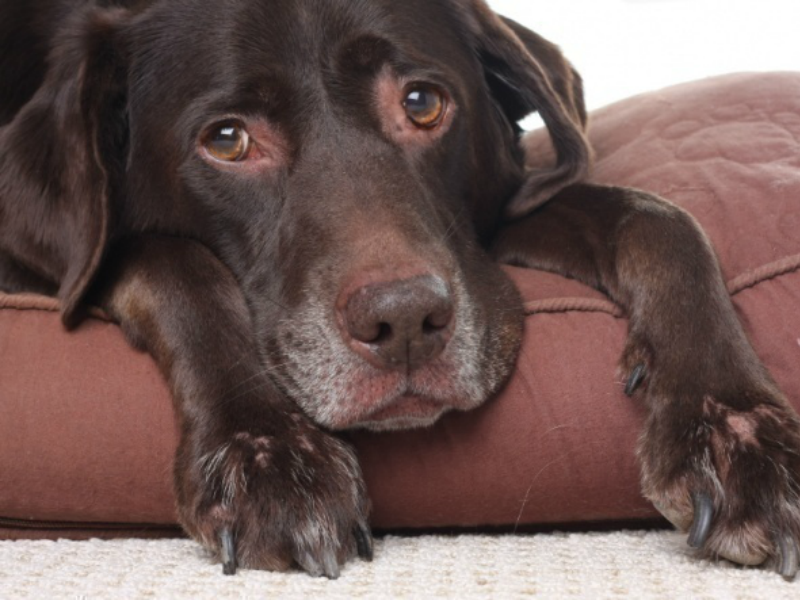My dog has a smelly breath, what should I do?
Early morning and your puppy is looking adorably right into your soul and then without the warning that tongue reaches your face! Very cute but what if your dog has a smelly breath? If you own a Cavalier King Charles, Pug, Malteses, Chihuahua, Greyhound, Shetland Sheepdog or Yorkshire Terrier, we recommend to continue reading as they are more prone to dental diseases than other breeds.

What causes smelly breath with dogs?
It can be a symptom of several diseases such as diabetes, mouth tumour or a sign of upcoming teeth problem such as Periodontal Disease. No matter what the cause is, good dental care is critical for your dog’s well being. As a bare minimum it is likely to save you a huge vet bill in the future.
Periodontal Disease
Periodontal Disease is maybe the most common condition on dogs. If your pup has reached 3 years of age, it is very likely there are early signs of this condition. Some of the most popular dog breeds in Australia have a higher tendency to have this condition than others. These breeds include Cavalier King Charles, Pug, Malteses, Chihuahua, Greyhound, Shetland Sheepdog and Yorkshire Terrier.

Best and easiest prevention and treatment is brushing your dog’s teeth. You can also supplement this by giving your dog dental sticks, dental powder, water additives or dental supplements.
Oral tumours
Oral tumours may also cause bad breath, excessive drooling or even bleeding. This mouth disease is significantly more rare that periodontal disease. Tumours can be removed through a surgery. In particular benign growths are relatively simple to operate, while cancer cells will require more significant treatments.

Diabetes
Just like us humans, dogs can also get diabetes, in particularly if they are overweight. This will cause a disgustingly sweet or fruity smelling breath. Treatment is no different to us that is your dog will require regular insuline shots. You can give them to your dog at home. Best prevention is to keep your dog on healthy diet, provide enough exercise and monitor the weight.

Kidney diseases
Kidney diseases will cause bad, ammonia like breath. You dog is likely to drink excessive amounts of water, urine heavily and in many cases vomiting and diarrhea are also common. Fluid treatment and changing diet are the likely treatments required.

When is the right time to consult the vet?
If your dog’s breath smells like urine or unusually sweet you should consult your vet immediately as these are the signs of non-dental diseases. If your dog is vomiting, has diarrhea or the bad breath simple remains for more than a few days, we would strongly recommend to contact your vet.
